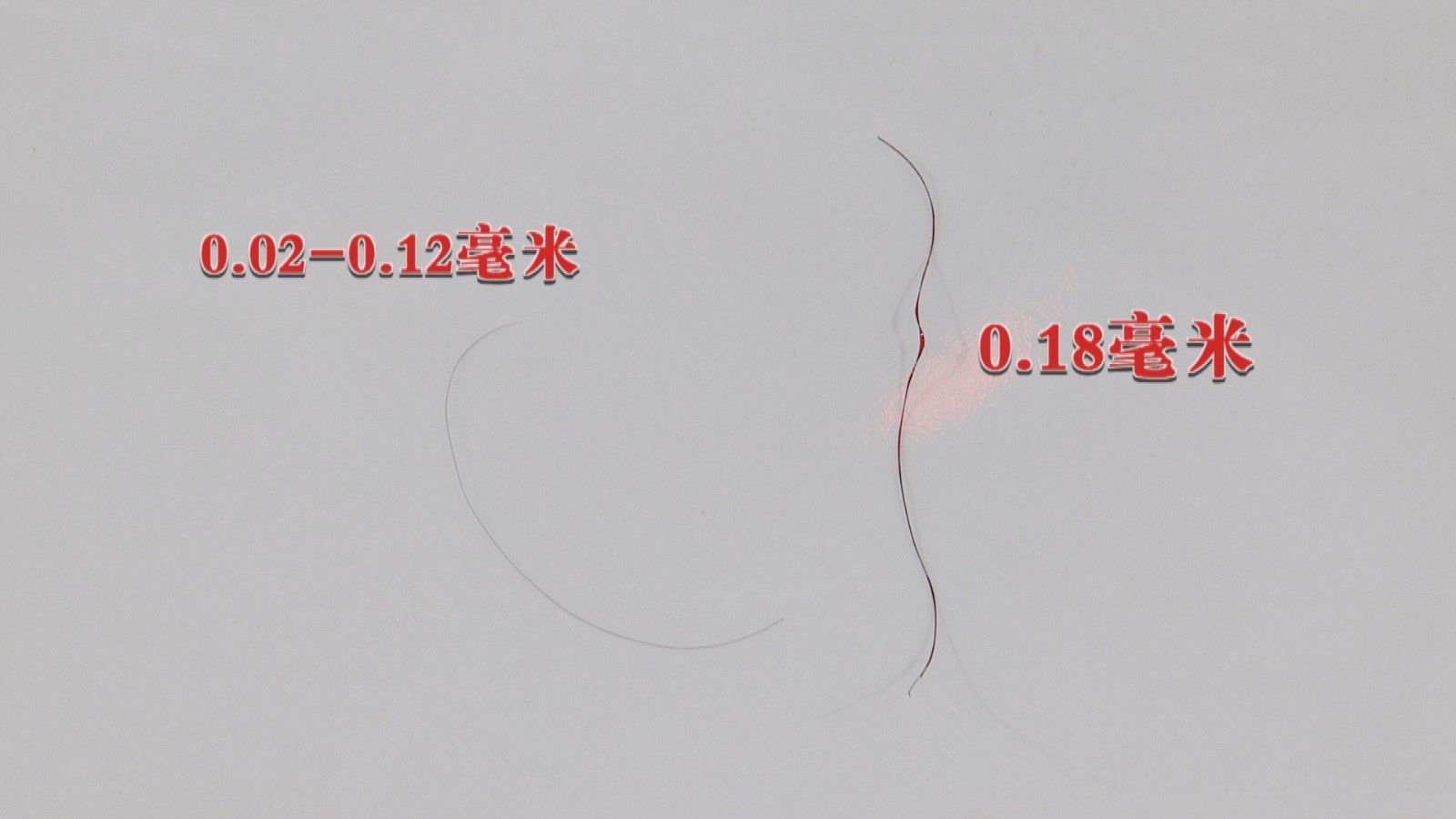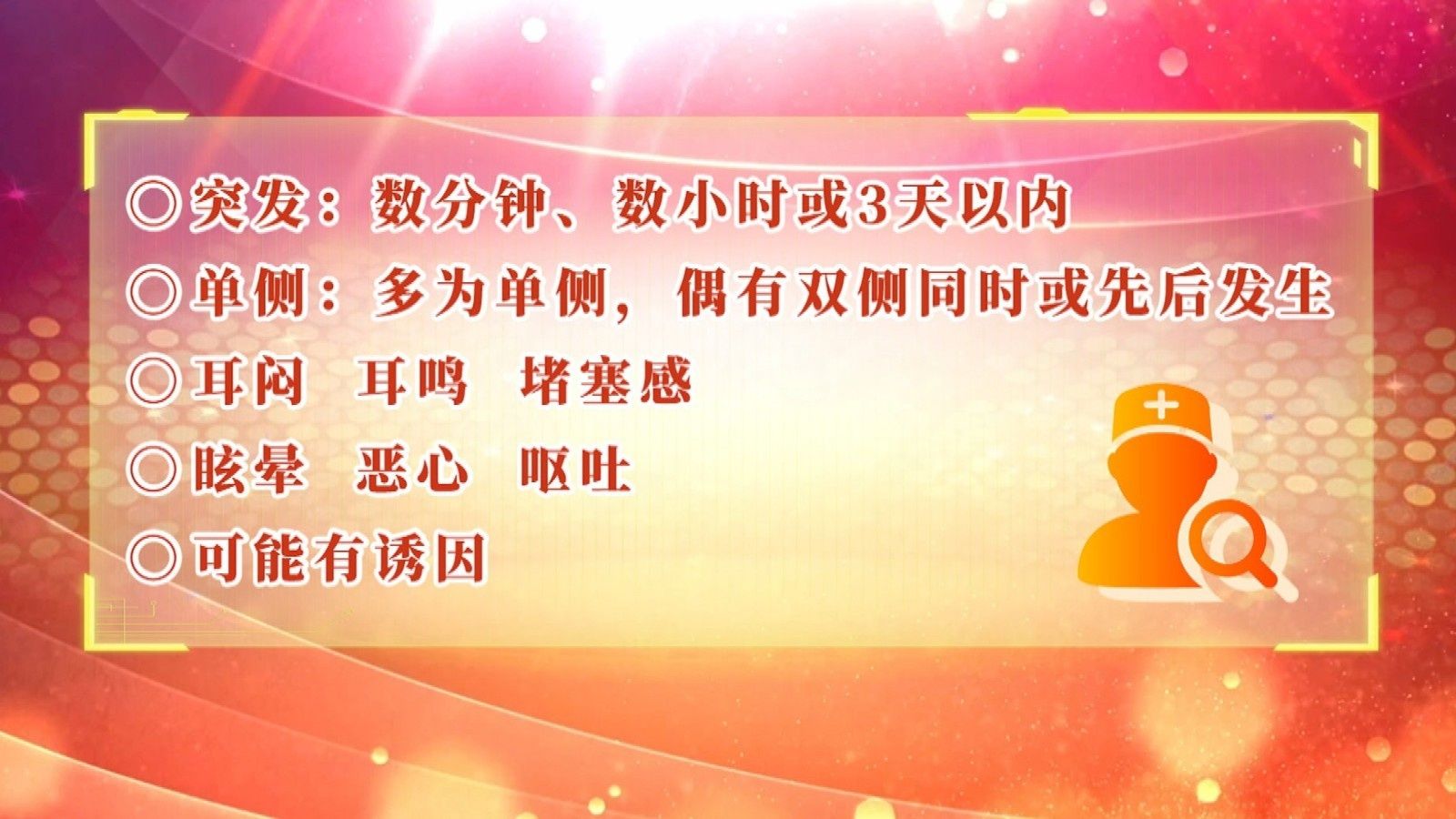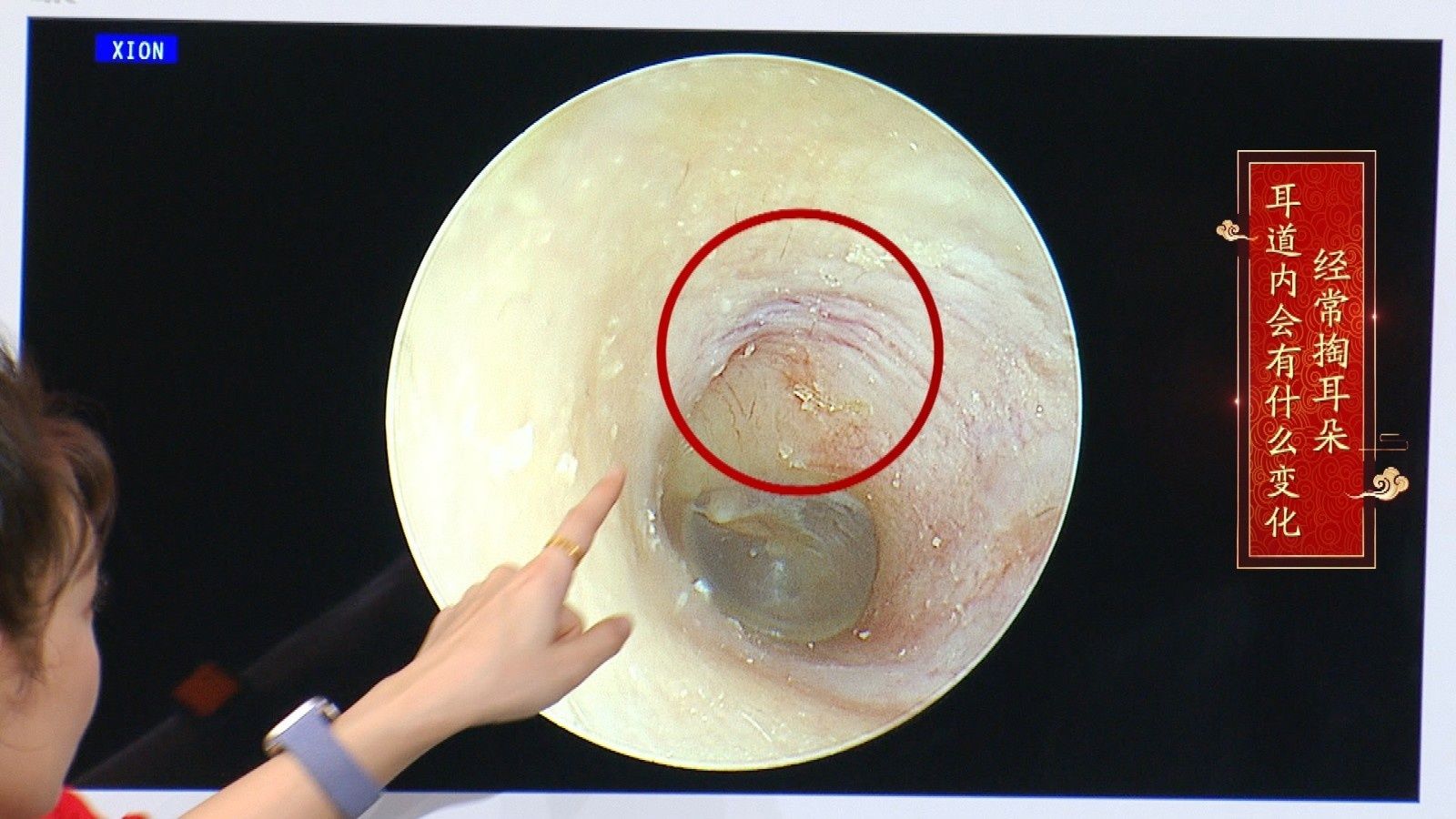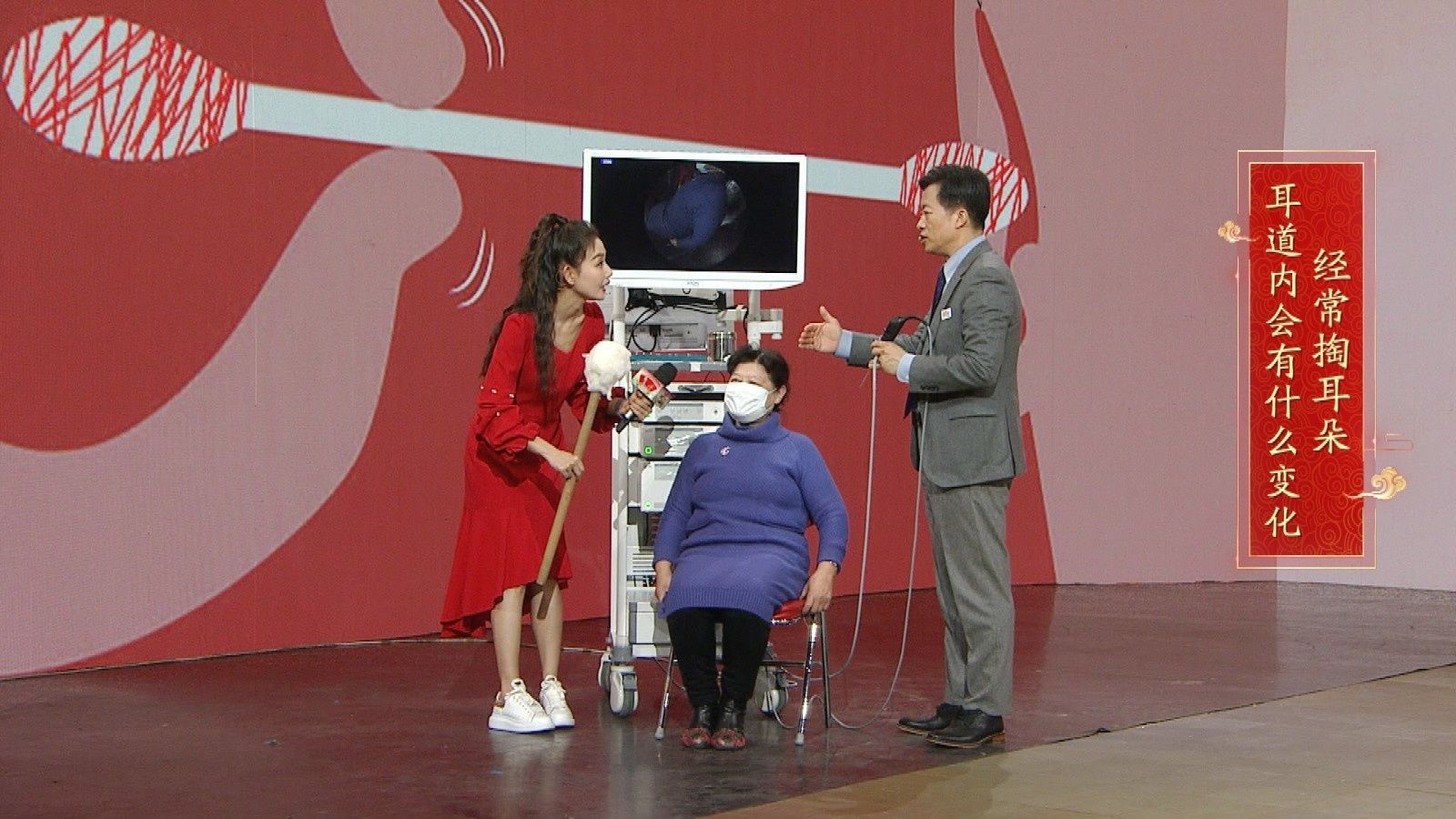Guest: Li Yongxin: Director and Chief Physician of the Department of Otology, Beijing Tongren Hospital Affiliated to Capital Medical University Kong Ying: Chief Technician, Clinical Audiology Center, Beijing Tongren Hospital Affiliated to Capital Medical University Signal Deafness, Hearing Loss, Dementia, and Dementia programs often have doctors in cardiovascular and cerebrovascular departments that pay special attention to cardiovascular disease, but why do ear doctors also pay special attention to blood vessels? Are your ears telling you any important health information? There is an invisible blood vessel in the ear with a diameter of only 0.18 mm. It is not only extremely thin, but also has no compensation. It is extremely sensitive to ischemia and hypoxia. Therefore, when the body has thick blood and blood vessels are blocked, the ear blood vessels tend to be smaller than the blood vessels. Blood vessels in other parts have problems earlier, resulting in inner ear circulation disorder, ischemia and hypoxia. Over time, the inner ear tissue will be damaged, the auditory nerve will be damaged, and symptoms such as tinnitus, ear fullness, and hearing loss will be caused. This also acts as a window virtually, and is a weather vane of the health of the blood vessels in the whole body. Someone has done a study on patients with sudden deafness and found that 17.72% of the patients with sudden deafness have different degrees of cerebral infarction. Currently, it is generally believed that sudden deafness is closely related to cerebral infarction. There is also a blood vessel in the ear that can be “directly seen”, which has a great impact on health. Its appearance is directly related to a bad habit. For more content, please pay attention to “Ear Day Special Program – The “Life Reduction Pusher” that climbs down the pole.





< p> What kind of hearing loss may indicate myocardial infarction and cerebral infarction? Learn about a set of symptoms, it can save lives at a critical moment! Problems with the visible blood vessels in the ears are often caused by plucking the ears. So people who often pick their ears, what happens in the ear canal, what does it look like? 3 viewers were randomly selected to participate in the interaction at the scene of the program. Under the high-definition lens of the ear speculum, the consequences of plucking out the ears are nowhere to be seen. All the three viewers’ ears have suffered major or minor problems. No. 2 The situation of the audience’s right ear is particularly serious. Director Li Yongxin explained the harm to everyone in the form of live props demonstration, and reminded the audience that they must not delay any longer and should seek medical treatment as soon as possible, otherwise it may develop to a life-threatening level! Audience No. 3 at the scene reported a sudden deafness. The doctor found her ear canal under an otoscope, which was a common and unexpected condition. If you also feel hearing loss, you are probably experiencing it!




Everyone has been digging their ears all their lives, maybe they haven’t noticed their earwax. Whether cerumen is dry or wet, although it is normal for cerumen whether it is dry or wet, relatively speaking, wet cerumen can accumulate in the external auditory canal due to its sticky texture and can accumulate in the external auditory canal. Weakness of movement, collapse of the external auditory canal opening, and thicker and larger ear hairs at the outer end of the external auditory canal in older men may affect the cerumen shedding outwards, which in turn leads to cerumen embolism, which blocks the ear canal and causes hearing loss, which may also lead to secondary infection, with more serious consequences. On the annual Hearing Day, let us focus and pay attention to hearing loss and deafness. Many people think that hearing loss will not be fatal, and they often leave it alone. Little do they know that this may bring about the consequences of reducing life expectancy. According to research statistics, 24% of elderly patients with hearing loss have varying degrees of psychological or psychiatric abnormalities. The incidence of Alzheimer’s disease in the elderly with mild, moderate and severe hearing loss is 2 times, 3 times and 5 times that of the elderly with normal hearing, respectively! Therefore, paying attention to ear health means cherishing life. Everyone should face hearing loss correctly. Once hearing loss or deafness is found, seek medical attention as soon as possible.Ask a doctor to help you with fitting, hearing aids and cochlear implants to save our vital hearing when you need it. Otologists especially remind everyone: hearing aids cannot be purchased and used at will, and need to be properly fitted and professionally adjusted. For more content, please watch “Ai’er Day Special Program – The “Life Reduction Pusher” that climbs down the pole.




[Expert visit time] Li Yongxin: Expert from the West District of Chongwenmen District, Tongren Hospital on Monday morning Outpatient clinic, VIP outpatient clinic in East District, Chongwenmen Campus, Tongren Hospital on Wednesday morning. Kong Ying: Monday afternoon, all day Tuesday, Wednesday afternoon, the hearing aid clinic on the fourth floor of the West District, Chongwenmen Campus, Tongren Hospital. Remarks: Changes in outpatient clinics, outpatient locations, outpatient clinic types (general, specialist or special needs outpatient clinics), and registration fees due to unexpected reasons, please refer to the announcement of the hospital on the day.